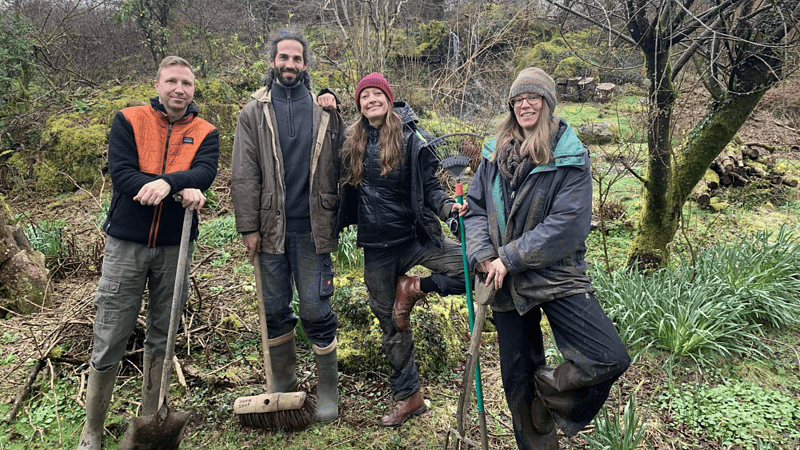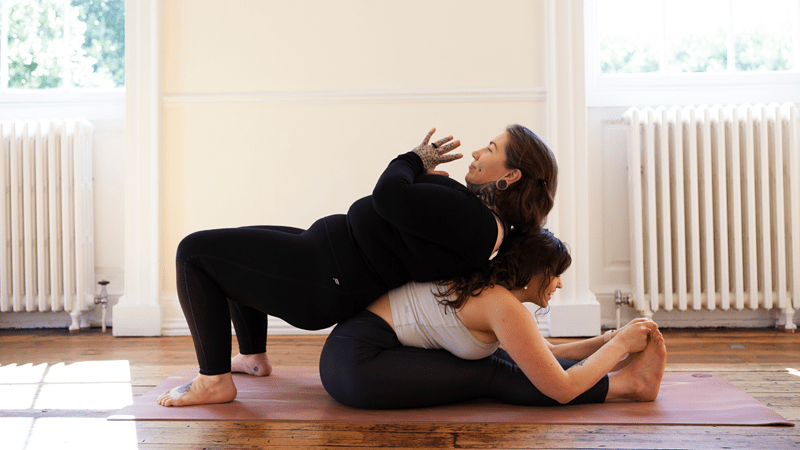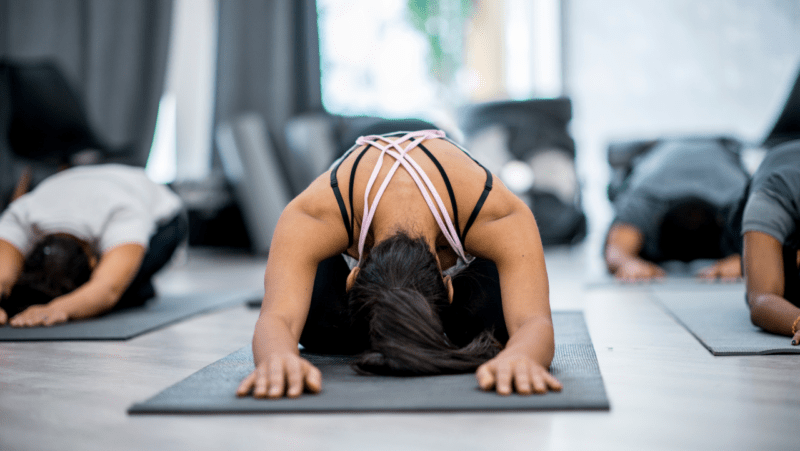To adjust or not to adjust? Yoga consent is a key question for teachers and students, says Paula Hines
A few years back I wrote a piece for OM Yoga that posed the question: what makes an effective teacher? At the time I was prompted to write it because I’d overheard a conversation about teachers who did strong hands-on adjustments as being better teachers than those who did not. In the years that have followed, it feels as though certain aspects of the yoga landscape have shifted, including scandals involving high-profile teachers who abused their positions and the emergence of MeToo.
Consent is not something that always comes to mind with yoga adjustments or assists (‘assist’ being a preferable description and distinction for some, as the word ‘adjustment’ can suggest correcting something that is wrong). However, consent does matter here.
Yoga Consent
I’m a teacher who tends not to adjust physically in general classes. Some people who regularly attend the classes I teach have told me this is one of the reasons they do return. If you are someone who loves to be adjusted (or assisted) in your asana practice or comes from a lineage where assists are integral, then this might be strange to you. But it makes sense to me. As a student, I don’t like being touched and it is one of the reasons I don’t go to drop-in classes much, as it often seems there is a presumed consent because you are there.
In some instances, permission is sought beforehand, but even when this is the case, there is still the student/teacher dynamic where some students may not feel able to say no. In a class I taught several years ago, I touched the hand of a male student to assist in triangle pose (I had asked if it was okay to do so) – he visibly flinched. I never saw him again after that. Before this, he had attended every week for over a year. It might not be linked but I cannot help but wonder.
From my own experiences as a student, a notable memory is being straddled by a male teacher during a supine posture in a class. He then asked, “Is this alright?” It wasn’t, but it was a bit late by then. I have also been injured by teachers even though I’d previously asked to not be adjusted.
I don’t have any definitive answers, but I do feel yoga consent is an issue to be taken seriously by us all.
Paula Hines is a London-based yoga teacher and writer (ucanyoga.co.uk).







